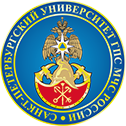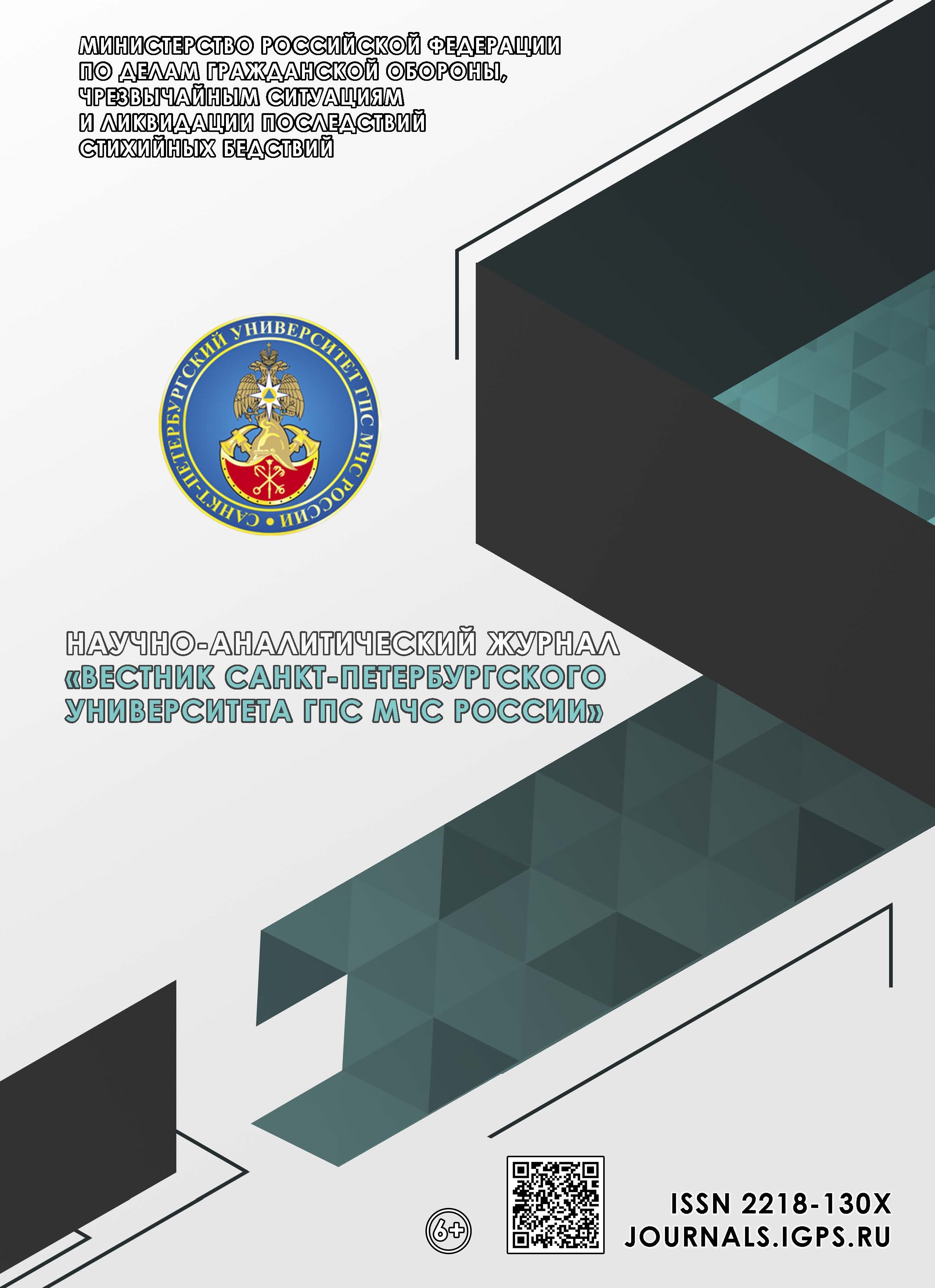The article provides an approach to the planning of the learning process on the basis of semantic knowledge networks, examines algorithms networking knowledge; distribution of lectures, practical and laboratory classes, required to meet the learning objectives; planning time resources required to meet the learning objectives; route planning studies.
automation of the planning of the learning process, structuring knowledge, semantic network
1. Fedorov D.Yu. Kiberneticheskiy podhod k upravleniyu processom obucheniya na osnove semanticheskih setey znaniy. SPb.: Izd-vo Politeh. un-ta, 2016. 40 s.
2. Fedorov D.Yu., Podruzhkina T.A. Problemnye voprosy podgotovki kadrov v oblasti informacionnoy bezopasnosti v usloviyah standartizacii professional'noy deyatel'nosti // Informacionnaya bezopasnost' regionov Rossii (IBRR-2015): materialy IX S.-Peterb. mezhregion. konf. SPb.: SPOISU, 2015. S. 349-350.
3. Gavrilova T.A., Muromcev D.I. Intellektual'nye tehnologii v menedzhmente: instrumenty i sistemy: ucheb. posobie. SPb.: Vyssh. shk. menedzhmenta, 2008. 488 s.
4. Kudryavcev D.V. Sistemy upravleniya znaniyami i primenenie ontologiy: ucheb. posobie. SPb.: Izd-vo Politehn. un-ta, 2010. 343 s.
5. Dzharratano D., Rayli G. Ekspertnye sistemy: principy razrabotki i programmirovanie. M.: Izd. dom «Vil'yams», 2006. 1 152 s.
6. Rozenberg V.Ya. Sistema obucheniya na baze semanticheskih setey. Teoriya i praktika // Fundamental'nye i prikladnye issledovaniya v sovremennom mire: materialy Mezhdunar. nauch.-prakt. konf. SPb.: Inform. izd. ucheb.-nauch. centr «Strategiya buduschego», 2013. S. 184-191.
7. Novickiy N.I. Setevoe planirovanie i upravlenie proizvodstvom: ucheb.-prakt. posobie. M.: Novoe znanie, 2004. 159 s.





